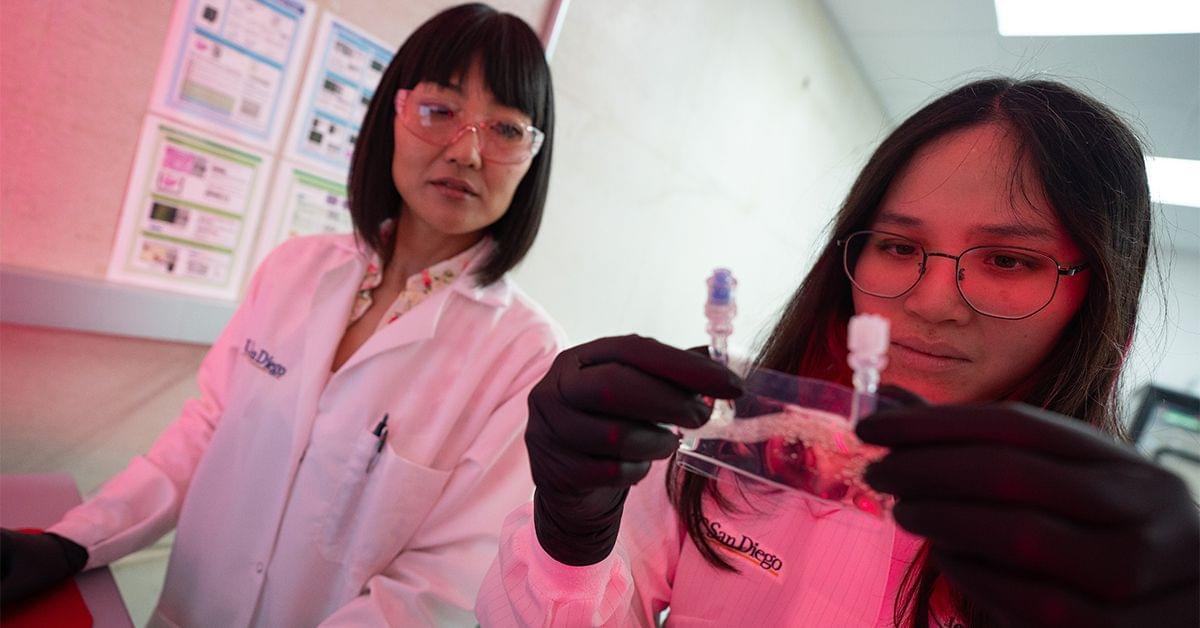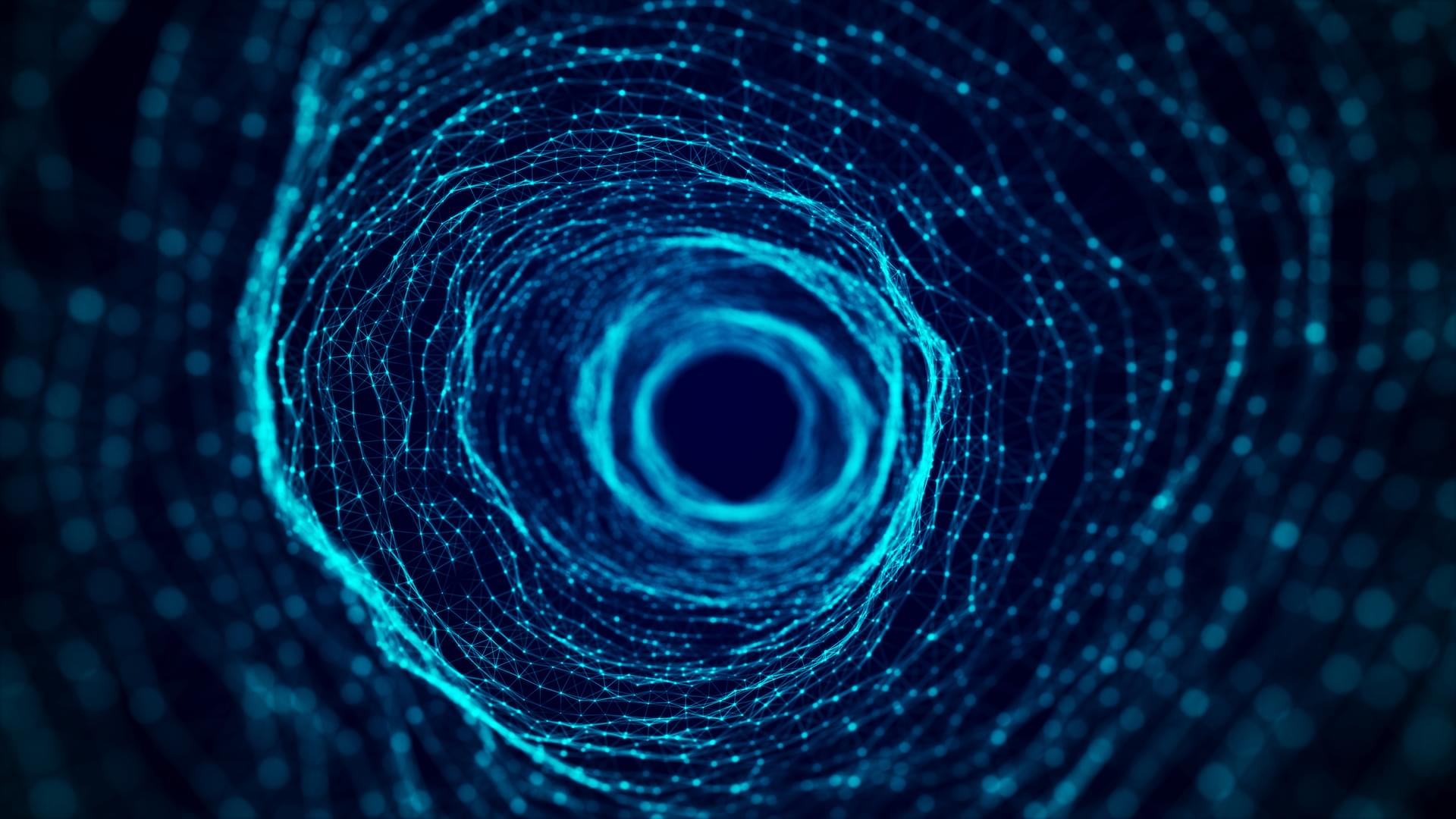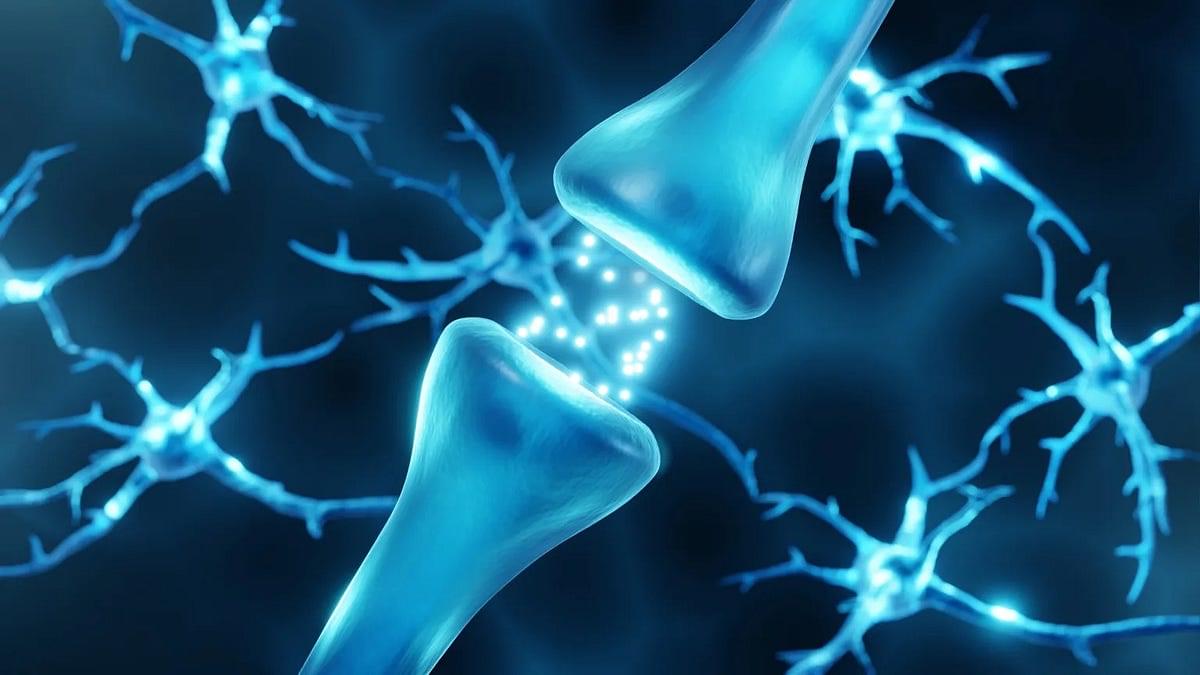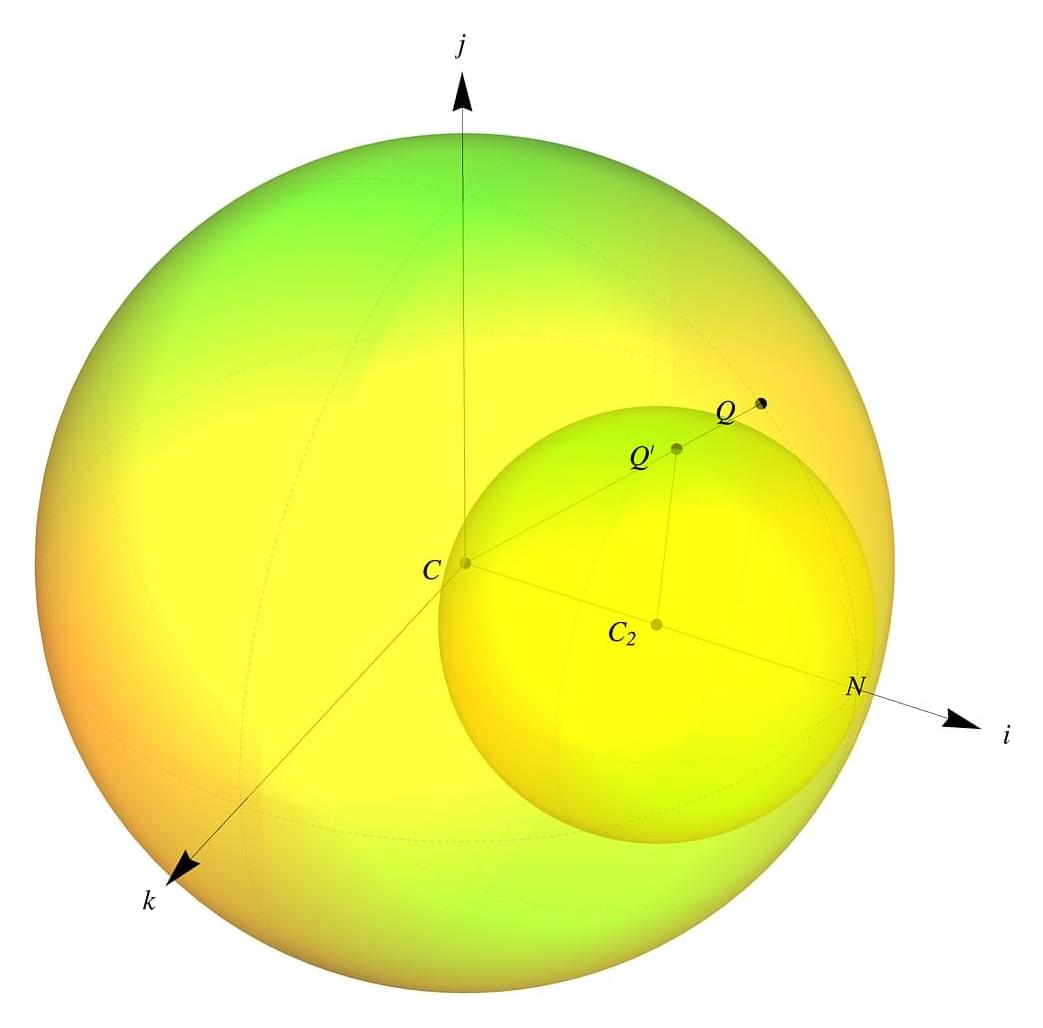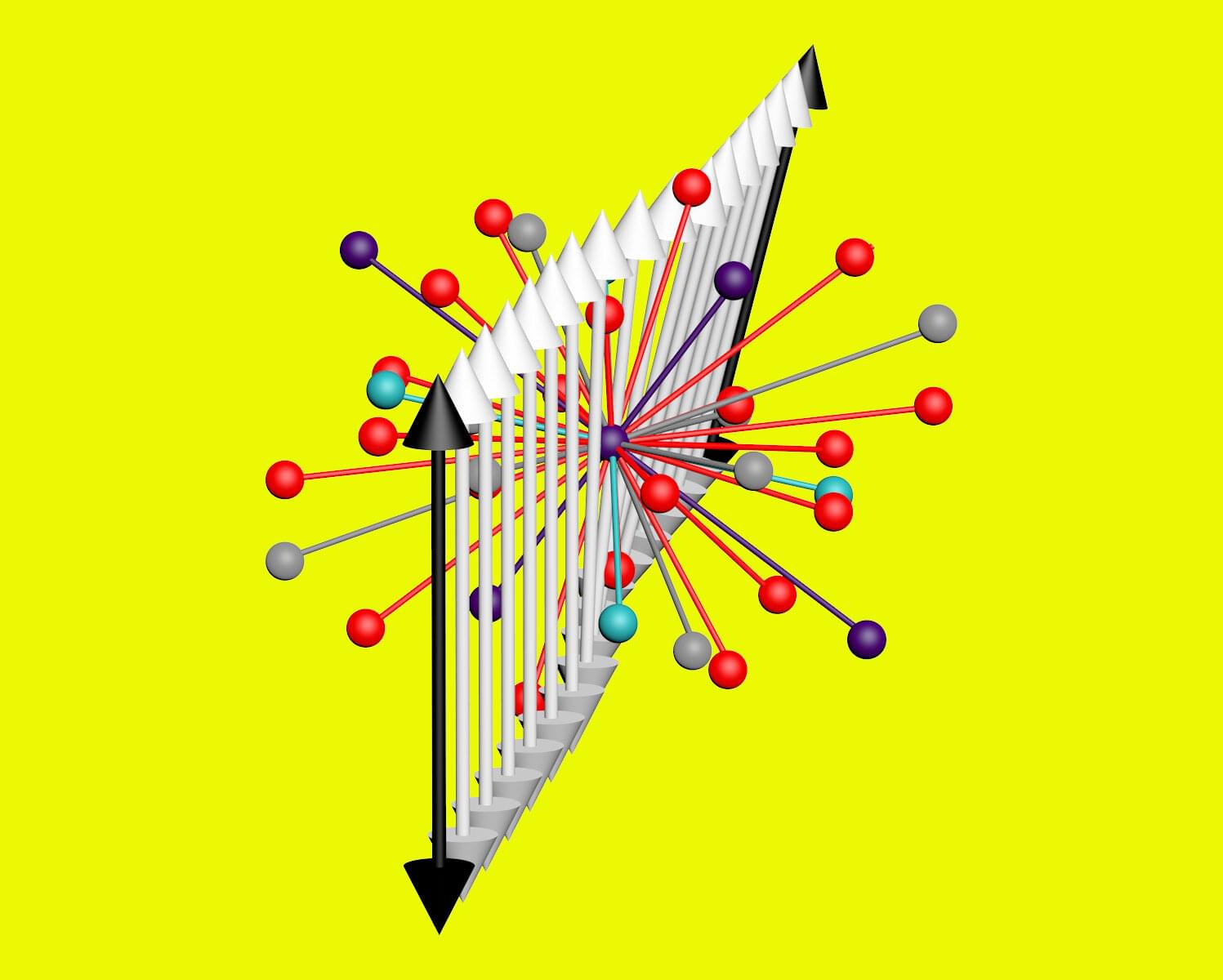Thanks to observatories like the venerable Hubble Space Telescope (HST) and its next-generation cousin, the James Webb Space Telescope (JWST), astronomers are finally getting the chance to study galaxies that existed just one billion years after the Big Bang. This period is known as “Cosmic Dawn” because it was during this period that the first stars formed and came together to create the first galaxies in the Universe. The study of these galaxies has revealed some surprising and fascinating things that are allowing astronomers to learn how large-scale structures in the Universe came to be and how they’ve evolved since.
For the longest time, it was thought that this cosmological period could only be seen by space telescopes, as they don’t have to deal with interference from Earth’s atmosphere. With advanced technologies ranging from adaptive optics (AO) and coronagraphs to interferometry and spectrometers, ground-based telescopes are pushing the boundaries of what astronomers can see. In recent news, an international team of astronomers using the Cosmology Large Angular Scale Surveyor (CLASS) announced the first-ever detection of radiation from the cosmic microwave background (CMB) interacting with the first stars in the Universe. These findings shed light on one of the least understood periods in cosmological history.
The study that details their findings, which recently appeared in The Astrophysical Journal, was led by Yunyang Li — an observational cosmologist from the Kavli Institute for Cosmological Physics (University of Chicago) and The William H. Miller III Department of Physics and Astronomy at Johns Hopkins University (JHU). He was joined by many JHU colleagues, as well as astrophysicists from the National Institute of Standards and Technology, the Argonne National Laboratory, the Los Alamos National Laboratory, the Harvard-Smithsonian Center for Astrophysics, the Massachusetts Institute of Technology (MIT), the NASA Goddard Space Flight Center, and many prestigious universities.
